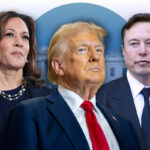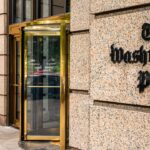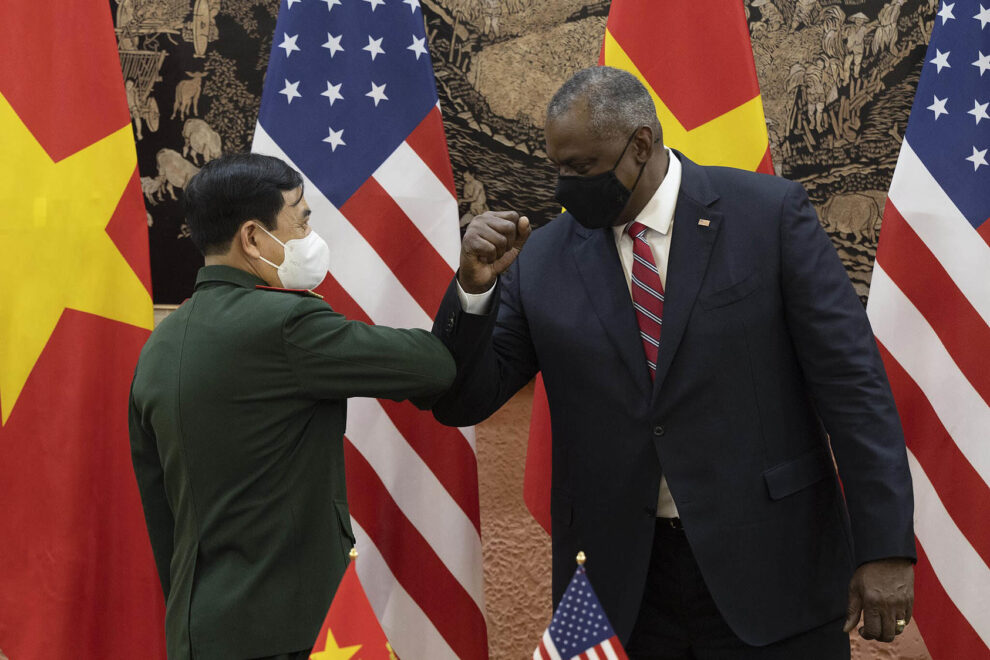President Biden’s trip to Hanoi this Sunday signifies the culmination of a 50-year process of rebuilding bilateral relations after the end of the Vietnam War. It is expected that a new “comprehensive strategic partnership”— which is an upgrade from the existing agreement signed in 2013 — will be announced. While many may cast this achievement as a victory for the United States in its burgeoning competition with China, viewing this as a Vietnamese tilt away from China would be mistaken. Instead, the trip represents the evolution of hard-earned trust, cooperation and effective diplomacy — but it does not mean Vietnam is allied with Washington against Beijing.
U.S.-Vietnam Relations Thaw
In the early postwar years, U.S.-Vietnam relations were in a deep freeze. When U.S. veterans, peace activists and Vietnamese Americans began to travel back to Vietnam in the 1980s, formal ties between the governments were absent. The ice finally broke through cooperation in seeking the fullest possible accounting of 1,973 Americans listed as missing in action at the end of the war. As the Cold War eased, Vietnam signaled a shift in its foreign policy to “expand and diversify relations of international cooperation.”
Americans who have traveled to Vietnam over the last 30 years are consistently amazed at the warm reception and lack of animosity encountered. There are multiple cultural and psychological reasons explaining this, one of which is that it’s official policy: At the seventh Communist Party Congress in 1991, Vietnam adopted the aim of becoming “friends with all countries in the international community struggling for peace, independence, and development.” The Vietnamese are pragmatic: they know that major powers have clashing interests. Instead of allying with one power against another, which had produced such disastrous effects in a divided Vietnam, they would seek to cooperate with all.
This commitment from a single-party state emerging from one of the most brutal of 20th century wars is nothing short of remarkable. It makes the sharpest possible contrast with the zero-sum, “us-versus-them” approach that has dominated geopolitics since World War II.
Following normalization of relations in 1995, the first American envoy, Desaix Anderson, arrived in Hanoi to find an “effervescent … feeling that our enmity had been an aberration.” Slowly, the United States responded to Vietnamese requests to clean up cluster bombs and Agent Orange, and to assist people with disabilities resulting from the war. With the support of former U.S. senators including John McCain and Patrick Leahy, U.S. assistance has steadily increased in size and scope and is now at its highest level to date. Bringing the legacy full circle, in 2021 the United States and Vietnam launched a joint program (of which the U.S. Institute of Peace is a part) to account for the estimated 300,000 Vietnamese who remain missing.
The United States is now also Vietnam’s second-largest trading partner, behind China, and the new agreement will see Washington help Vietnam boost semiconductor and electric vehicle production, along with other technology-related assistance.
Vietnam: A Friend with All
At the same time, Vietnam has strengthened its diplomatic ties with other partners through carefully choreographed steps. Historical partners China and Russia were the first to be awarded the highest level of “comprehensive strategic partnership” in 2008 and 2012, respectively. India followed in 2016. When Vietnamese General Secretary Nguyen Phu Trong traveled to Beijing to meet Xi Jinping in October 2022, some observers lamented a loss of momentum and missed opportunity for the United States. In fact, this move was a precondition to upgrading relations with the United States, reassuring Vietnam’s nearest large neighbor that the multidirectional policy remained intact.
The current expansion of partnerships is not limited to the United States. In the past year, Vietnam has concluded a comprehensive strategic partnership with South Korea and prepared to upgrade relations with Australia and Singapore — all close U.S. allies in the Indo-Pacific. Notably, these steps have taken place despite high-profile dismissals and resignations of top Vietnamese officials linked to corruption scandals. The agreements taken collectively demonstrate support from the ruling Communist Party, conditioned on “respect for differing political systems”: a commitment that the United States and other partners are not attempting to impose a Western-style democracy.
Americans can celebrate a pragmatic baseline of trust for productive U.S.-Vietnamese relations and a pathway to discussion about difficult issues. However, no one should expect that the new partnership will automatically lead to improvements in Vietnam’s transparency, freedom of expression or the rule of law. Nor, for that matter, will it resolve U.S. political debates about trade preferences, religious freedom and foreign aid. Some reports suggest that Biden’s visit may be accompanied by the release of at least one of Vietnam’s more than 150 political prisoners — a gesture of good will that would be a welcome event.
Biden’s visit to Vietnam demonstrates that the world does not divide neatly into friends and enemies. There are many countries with significant political differences with the United States that can still benefit from mutual dialogue, exchange and security cooperation. The new partnership shows the potential of an unconventional form of diplomatic polyamory for preserving peace.
Source : United States Institut of Peace
















